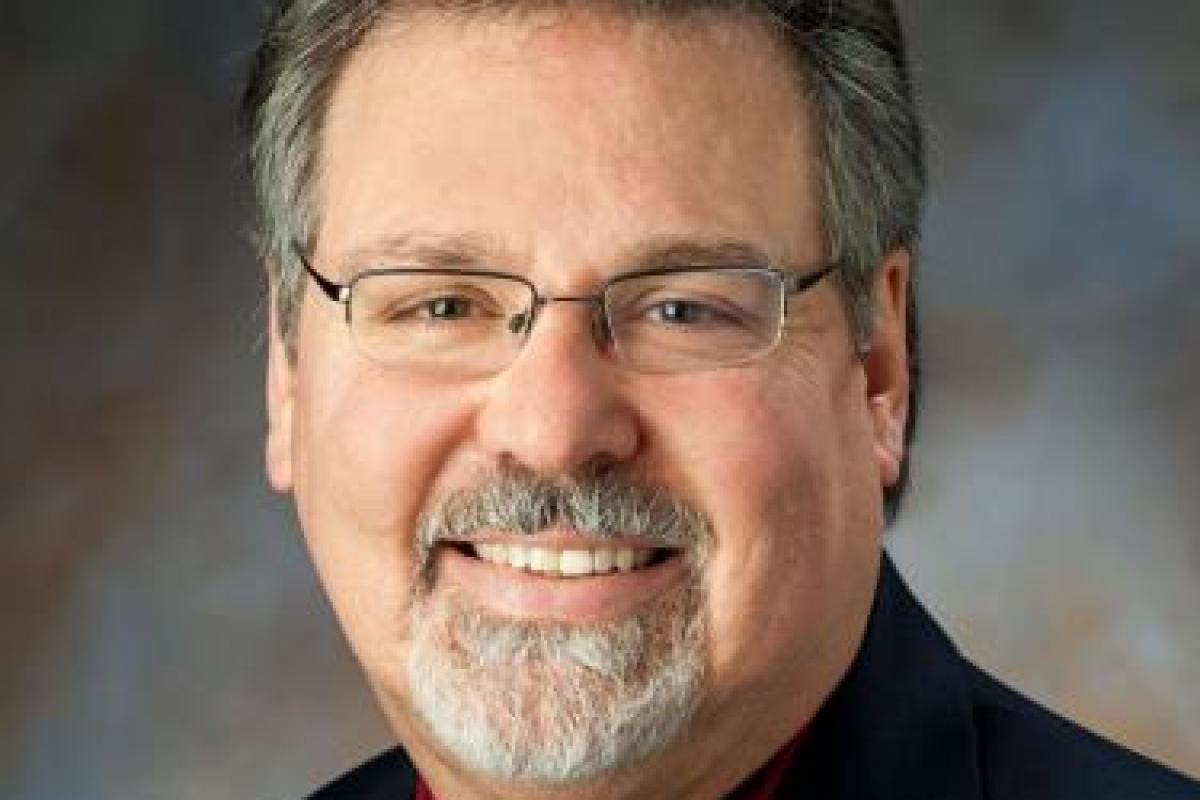Compliance Short Course
June 1, 2020 | 9 a.m. - 3:15 p.m. MDT
Compliance, one of the fastest-growing areas of law-related work, is also becoming increasingly complex as organizations across virtually all industries face new and ever-evolving legislation, regulation, and standards. The University of Colorado Law School's one-day virtual Compliance Short Course will train lawyers and other compliance professionals on some of the most timely compliance challenges they will face in the coming months and years. Experienced industry experts from a variety of sectors will cover hot topics including data privacy, workplace relations in the #MeToo era, conducting risk assessments, and organizational ethics.
When: June 1, 2020, 9 a.m. - 3:15 p.m. MDT
Where: Virtual
CLE: Participants will receive 5 CLE credits in Colorado.
Schedule
| 9:00 - 9:05 | Welcome and Introductions |
| 9:05 - 10:35 | Complying with Data Privacy Laws in a Post-GPDR and CCPA World |
| 10:40 - 11:55 | Workplace Relations in the #MeToo Era |
| 12:00 - 1:30 | Risk Assessments |
| 1:35 - 3:05 | What is the "Ethics" in "Ethics and Compliance"? |
Topics and Speakers
Complying with Data Privacy in a Post-GDPR and CCPA World
David Zetoony, Partner, Bryan Cave Leighton Paisner
The European General Data Protection Regulation ("GDPR") and the California Consumer Privacy Act ("CCPA") have propelled privacy forward as one of the top risks impacting most private companies. While companies struggle to comply with those statutes, they also must be cognizant that the rapidly evolving world of data privacy is likely to bring additional statutes, regulations, and interpretations. The program will discuss the core policies, procedures, and documents that companies should consider when complying with existing privacy laws and attempting to 'future proof' against the next big privacy law.
Workplace Relations in the #MeToo Era
Tiffany Todd, Counsel – Global Employment, Benefits and Labor Law Group, Western Union
In the aftermath of the #MeToo movement, organizations now face a host of new expectations from stakeholders at every level, including employees, corporate boards, shareholders, and the public. This presentation will address the evolving obligations and expectations that have arisen as a result of the #MeToo movement and what organizations can do to adapt and thrive in this post-#MeToo values-focused era.
Risk Assessments
Asha Palmer, Global Compliance Consulting LLC
Despite risk assessments being the foundation of knowing and understanding your risk, most compliance programs do not have one and, if they do, it is overly burdensome and difficult to tie into an overall risk management structure. This brief course will help you understand various ways to take a practical approach to risk assessments that can strengthen your compliance program and not make you sick about it.
What’s the “Ethics” in "Ethics and Compliance"?
Tim Mazur, Integrity and Compliance Investigator, Indivior
In the 1970s and '80s, compliance had become such a failure that professionals from both the legal and business ethics communities designed "Compliance 2.0," otherwise known as "ethics and compliance" (E&C). Today, every legitimate "compliance" program in the United States, and many across the world, honor the new E&C standards. From day one, the "ethics" in ethics and compliance was meant to be a true integration of business ethics into compliance programs— not simply a marketing word to distinguish the new standards from their awful past. This session will discuss exactly what is meant and intended by the words "ethics" and "integrity" in today's best compliance programs.






